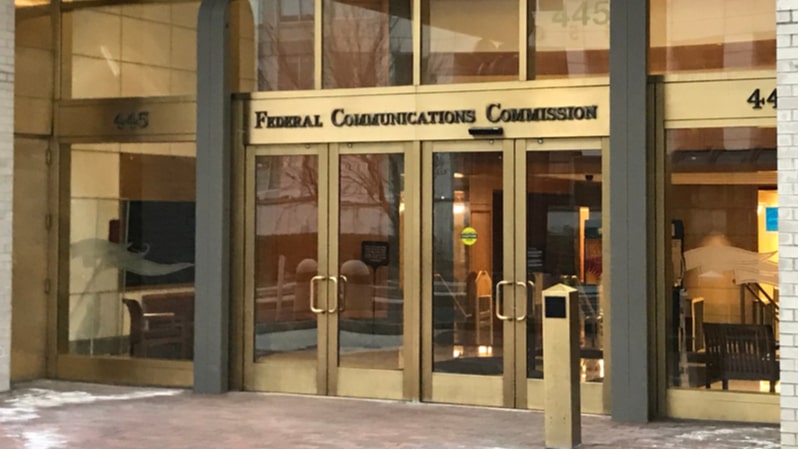
Federal Communications Commission Democratic Commissioner Jessica Rosenworcel said the COVID-19 coronavirus pandemic has made access to broadband “no longer a luxury.”
“We need to connect everyone in this country, just as we did with rural electrification, and plumbing and every age major type of infrastructure that came before,” she said at an April 8 Brookings Institution webinar on the digital divide. “And we need to start thinking about access to it [broadband] as a right. It’s no longer a luxury. This crisis has made that clear.”
Rosenworcel commended the private sector companies stepping up to offer free and low-cost internet plans to connect communities during the pandemic as more aspects of daily life move online, but added, that Americans should not have to rely on just this generosity. Rosenworcel recommended the FCC should start taking more initiative to fix broadband access maps and focus on broadband adoption alongside deployment.
“We’re putting stress on our nation’s networks like never before,” Rosenworcel said. She added the FCC should be monitoring this, learn from it, and ask “What are we going to need going forward to make sure our networks are resilient and can withstand this load?”
Congressional coronavirus funding legislation has mostly focused on improving telehealth through the FCC. Last week, the FCC voted in favor of adopting the $200 million in emergency relief budgeted by Congress to help healthcare providers purchase telecommunications devices and broadband connectivity.
Because of the virus, bureaucracy is moving “with a speed I haven’t seen before,” Rosenworcel said, which is why it’s so important to seize the moment.
Rosenworcel said that FCC could also use this moment to close the homework gap. FCC, under the Telecommunications Act of 1996, has the authority to close this gap but it would be a bonus “if Congress steps forward and gives us additional funds to make that happen,” she said.
“Let’s be creative with that authority and use it so every student can get connections. And we can do that with lots of things by helping support broadband at home, or having schools use the e-rate program to loan out Wi-Fi hotspots,” Rosenworcel recommended.
Rosenworcel admitted that the Federal government and FCC can’t accomplish these broadband and mobility goals alone. Working with states will help the Federal dollar go further, she said.
“We’re not going to figure this all out sitting here in Washington, we’re going to need people on the ground in the states,” Rosenworcel said.
